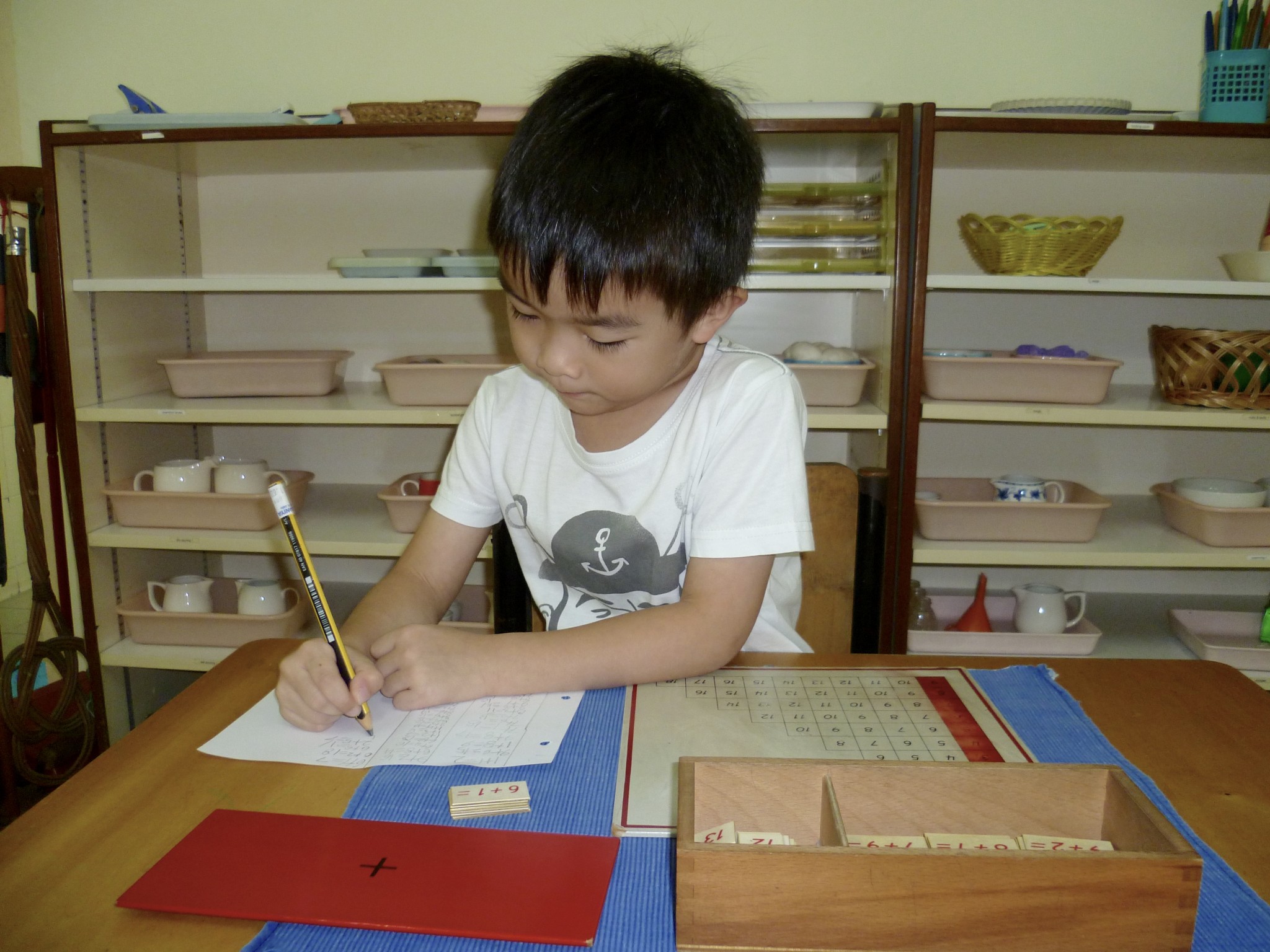About Maria Montessori

Montessori advocated the “Education of the Senses” because children are able to build up a store of experiences that help them relate to the external environment.
Through keen observation of children at work and play, Montessori built a system of materials, both didactic and progressive, with influences from fellow educators Itard and Seguin. She firmly believed that by placing their intrinsic needs above everything else, all children would eventually develop and realize their full potential.
Montessori coined the phrase “the absorbent mind” to illustrate how a child gradually builds himself up and applies himself to the world. She described the state of a child’s mind between the ages of two and six to be like a sponge, taking in information indiscriminately. Then, gradually, through movement and manipulation of the environment, the child comes to make sense of the world around him; his mind categorizes the information, and this leads to knowledge.
Montessori also noticed that children went through transitory periods known as “sensitive periods” where they were especially sensitive to certain aspects of the environment. During these periods, the child would show exceptional interest and growth in the field concerned. For example, children are said to have a sensitivity to language from birth to five years old, and a sensitivity to order from about 18 months old. And if, for any reason, the child is not exposed to these certain aspects during these sensitive periods, he could suffer limitations to his intellectual growth.
